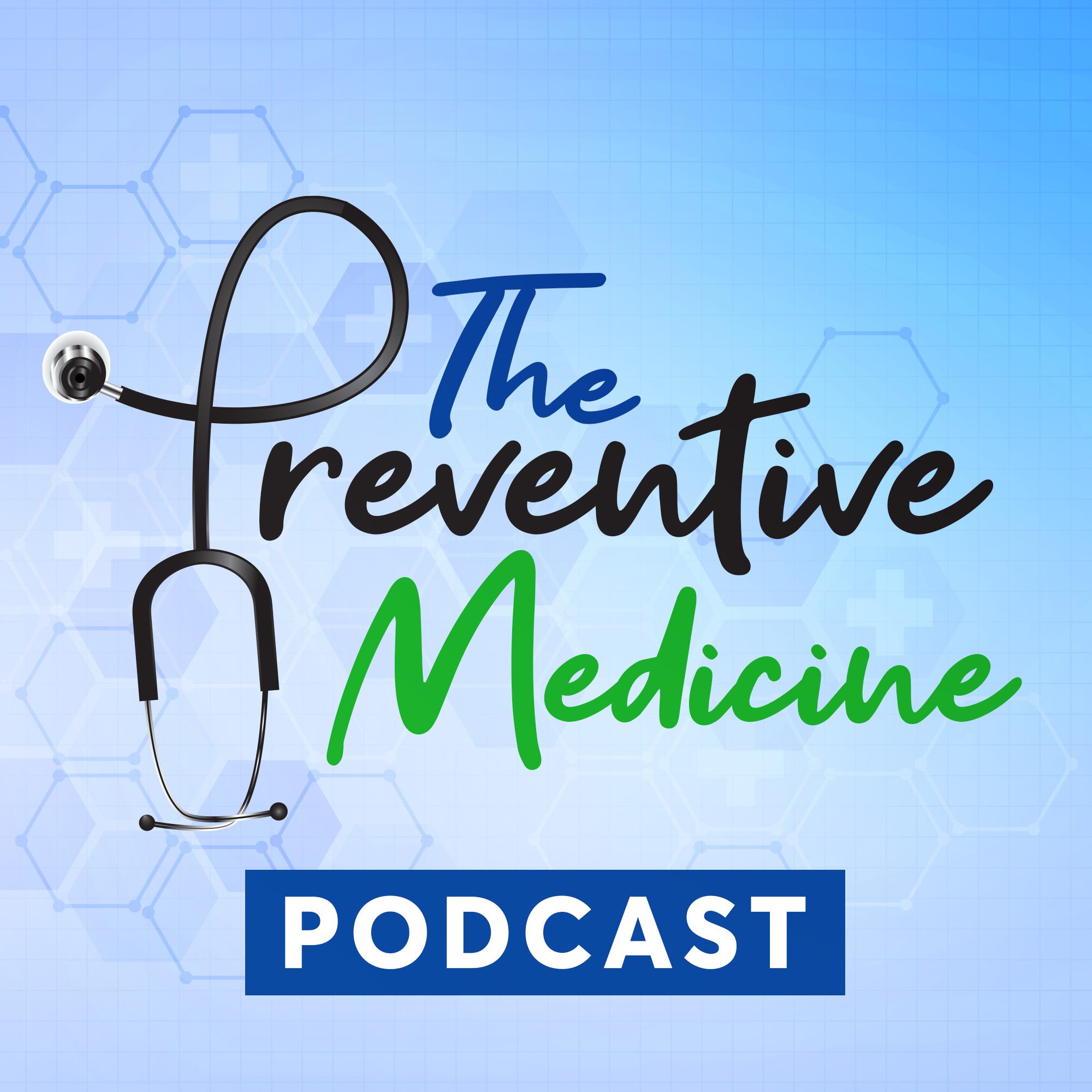
Sleep is something we all do for about a third of our lives but rarely think to work on. We just sleep, that’s all there is to it, right? Dr. Chris Winters is board certified in both neurology and sleep medicine with a mission of helping everyone with their sleep. He has authored two books on the topic, is a well renowned speaker, consultant for major companies, and has worked with numerous professional sports organizations in improving the sleep of their players. Beyond that he owns his own practice where he helps people from all walks of life overcome their sleep difficulties.
In this episode, we discuss the connection between sleep and preventive medicine before diving into the various issues people may have with their sleep. We talk about sleeping disorders, the risks of insufficient sleep, the relationships between various diseases and sleep, as well as medical approaches to improving people’s sleep. This episode is packed with information so you’re not going to want to fall asleep during this one!
Dr. Winters' Social Media:
Show Outline:
- How did you get interested in sleep medicine and what do you do on a day to day basis as a sleep specialist and neurologist?
- What does preventive medicine mean to you?
- What are the most common sleeping disorders and how do they develop? Ex. diabetes comes from insulin resistance and hormonal dysregulation
- How does someone know whether or not they might have a sleeping disorder vs. another medical problem such as thyroid disease?
- One of the common sentiments people have is to work hard (sleep less) when younger and can rest later. Can you make up a sleep debt or is the damage done?
- Can you combat sleep debt in other ways if you have a demanding job or are in certain societal contexts?
- What is the relationship between sleep and neural diseases such as Alzheimer’s, Parkinson’s, dementia, etc.
- What are the dangers of children not getting enough sleep and what can parents do with a school system that isn’t always designed with their schedules in mind?
- What pharmaceutical or interventional approaches are there to improving sleep?
- How does sleep affect body composition and performance?
- If someone asks you how to get healthier while you’re at a Starbucks waiting for your coffee, what do you tell them in 2 minutes?
Join our Mailing List HERE:
Podcast: Play in new window | Download (Duration: 1:08:59 — 94.7MB)
Subscribe: Apple Podcasts | Spotify | Stitcher | RSS | Subscribe here on any platform!
